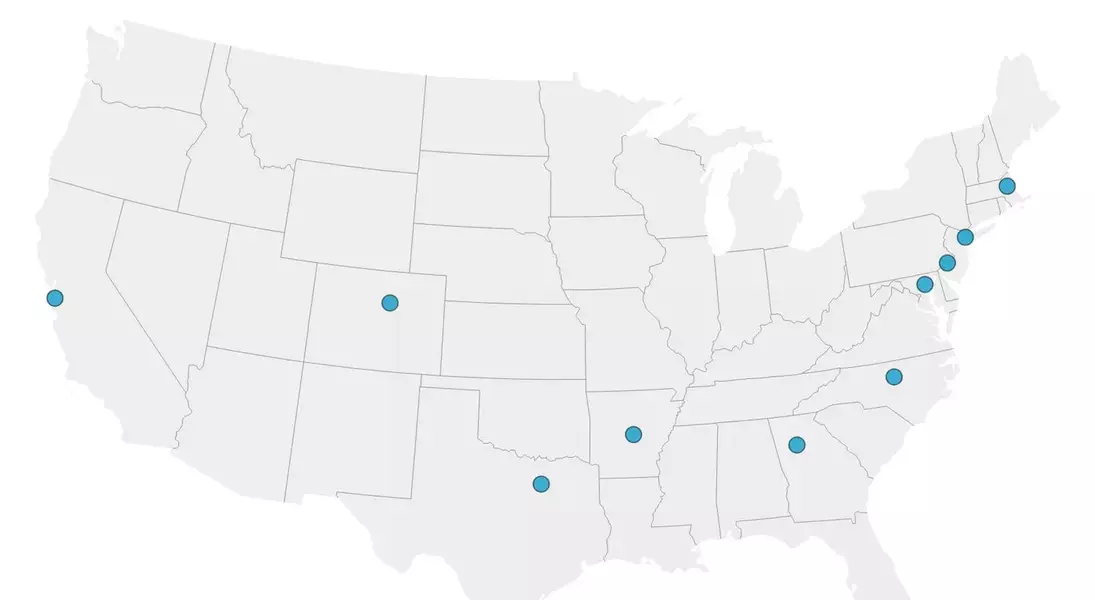
Food allergies significantly impact the lives of millions, causing social isolation and constant anxiety. Joseph's childhood experience exemplifies this struggle as he avoided family gatherings to prevent exposure to allergens. Around 15 million Americans face similar challenges, with no viable solution aside from strict avoidance. However, groundbreaking research led by the Consortium for Food Allergy Research (CoFAR) has introduced a transformative drug called omalizumab, which reduces allergy symptoms and enhances quality of life. The study demonstrated that participants could tolerate higher amounts of allergens after treatment.
Transforming Lives through Innovative Research
The CoFAR consortium has been pivotal in advancing food allergy treatment. By uniting ten leading institutions across the United States, it fosters collaborative research that addresses the unmet needs of allergy sufferers. This alliance facilitated the OUtMATCH study, which proved the efficacy of omalizumab in reducing severe reactions. The drug works by inhibiting IgE antibodies responsible for allergic responses, offering hope to those affected by multiple food allergies.
This collaboration was essential for the success of the OUtMATCH trial. Conducted at various sites nationwide, it screened 479 participants and enrolled 180 individuals with serious allergies to multiple foods. Participants were subjected to double-blind, placebo-controlled food challenges involving peanuts, milk, eggs, wheat, and tree nuts. Those receiving omalizumab showed remarkable improvement in tolerating higher doses of allergens compared to the placebo group. The rapid adoption of omalizumab highlights its importance in addressing the urgent need for effective treatments.
A New Era of Hope for Families
For families like Joseph’s, omalizumab represents a lifeline. It alleviates the fear associated with accidental ingestion and allows children to participate fully in social activities without worry. Before this breakthrough, even minimal exposure could lead to life-threatening situations. Now, children can safely consume small quantities of previously forbidden foods, enabling them to enjoy shared meals and cultural experiences without anxiety.
Joseph’s story illustrates the profound impact of this advancement. Once isolated during family events due to his severe allergies, he now enjoys participating in gatherings and exploring Egyptian cuisine. His journey demonstrates how omalizumab transforms lives by providing protection against accidental ingestions. Parents gain peace of mind knowing their children are safer, while kids regain confidence in navigating everyday scenarios. This progress underscores the critical role of continued research efforts in enhancing the well-being of allergy sufferers worldwide.
